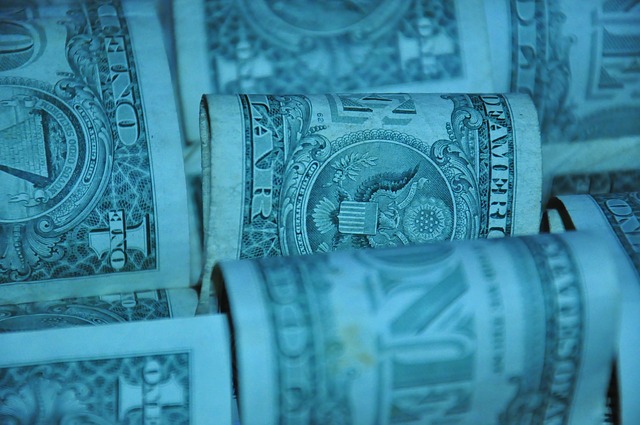My Top 5 Tips to Help You Get Started Paying Off Debt


I’ve been there! Just a few short years ago I confronted my debt balances and created a plan so I could get started paying off debt, but it wasn’t easy.
When you get started paying off debt, you have to make some tough decisions and sacrifices that you may not want to make.
If you are ready to get started paying off debt, here are my top 5 tips that can help.
Change Your Habits
We all have habits that we’d like to change. Some of them may be financial, and some may not. An example of a bad financial habit is “window” shopping whenever you have time to kill. Instead of window shopping while you kill time, choose a different activity instead. You can bring a book to read, or go for a walk in a nearby park or neighborhood as an alternative. These will keep you from being tempted to spend money. Don’t shop unless you absolutely need something.
Completely Stop Buying on Credit
If you want to get started paying off debt, you have to stop creating it first. This is essential if you want to change your habits and improve your financial situation. Make a pact to stop using your credit cards for anything except emergencies, but even then if you have an emergency fund you shouldn’t need your credit cards for that either. In fact, you might consider getting rid of all but a couple of them by shredding them or even just freezing them in a block of ice.
Develop a Strategy
There are a few different tactics you can choose from to help you pay off you debt quicker. First decide on a method for paying down your debt.
There’s the snowflake method in which you make payments toward your bills throughout the month anytime you have a little extra money. Just like snowflakes, they all add up.
Or, you could use the snowball method and pay off the smallest debt first while making minimum payments only on all other debts. Once the smallest is paid you apply that amount to the next largest bill along with the minimum amount you were already paying and so on. The payments get larger each time a debt is paid off.
Lastly you could choose the avalanche method and pay the debt with the highest interest rate first, saving you the most money in the long run.
Each of these plans has advantages and disadvantages, so check them out thoroughly before deciding. Also, don’t be afraid to combine them if you think it would work the best for you. That’s what I’ve done as my debt balances and needs have changed over time.
For instance, pay off the lowest balance bill first and then move to the debt with the largest interest rate. Meanwhile, when you have extra money during the month, apply it toward the lowest balance bill.
Add a Side Hustle
Increasing your disposable income is another way to pay debt off faster. If you add a second job, a side hustle, or start a business of some kind on the side, you can apply more money toward your debts and reduce them at a faster rate.
Make Room to Breathe
Don’t forget to check your progress and even give yourself a small reward as you meet a goal by paying off a debt completely. Make sure the reward is not something that will wreck what you’ve accomplished. Also, allow for the occasional hiccup and emergency because these things happen. The key is to get back on track as soon as possible afterward.
Now you know my top 5 tips to help you get started paying off debt. I hope it motivates you to pay down your own debt so you can live with less stress and enjoy life to the fullest.
What other plans have you adapted to help you get started paying off debt?

If there is will, there’s a way to pay off debt faster and build a good retirement life. Kayla, I couldn’t agree more on the top 5 tips, which are really important in any financial journey.
Side hustling is the best way to increase income, and the more side hustles we do, the more and the easier we can pay off debt.
Side hustling is really a good way to add income so that you can pay more of your debt and become debt free later on. Though it requires much time and dedication, I think it’s really worth it in the end.